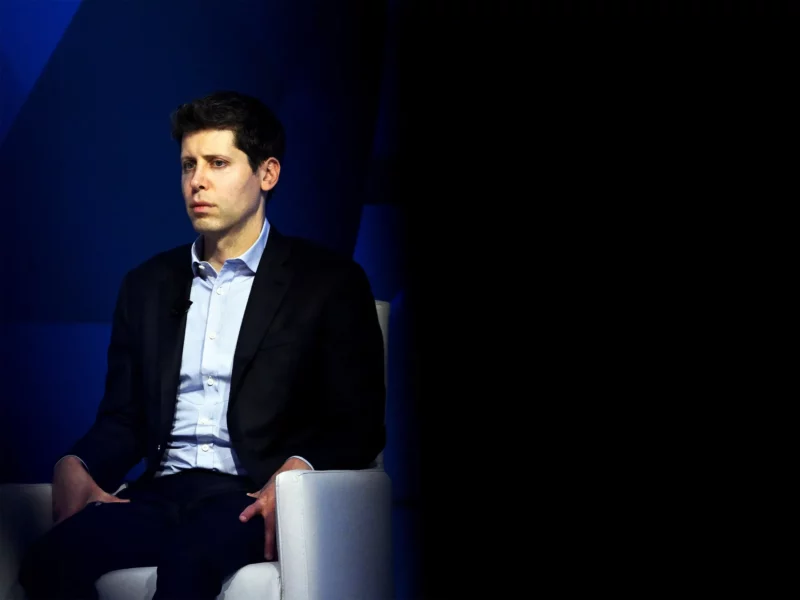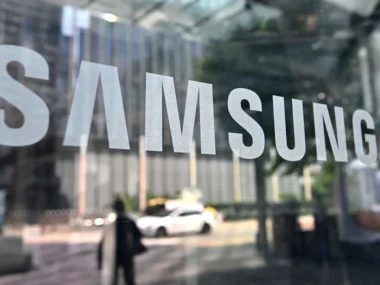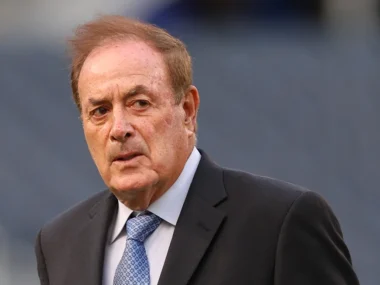More than 72 hours following Sam Altman’s sudden removal from his role as OpenAI’s CEO, a significant question lingers without a clear answer: Why did this happen?
Altman, as one of the company’s founders, was ousted by OpenAI’s nonprofit board using an unconventional governance structure he had helped establish. This structure granted a small, independent group outside the core operations the authority to remove its leadership, aiming to ensure responsible oversight of its AI technology, prioritizing humanity’s interests.
The board’s concise and somewhat enigmatic statement about Altman’s departure cited concerns about his lack of consistent transparency in communications with the board, impeding their ability to fulfill their duties. Mira Murati, the CTO, assumed the interim CEO position following Altman’s exit. Greg Brockman, another OpenAI cofounder, was removed as board chair and subsequently left the company in solidarity with Altman.
Since the incident, numerous developments occurred, including Altman’s unsuccessful attempt to reclaim the CEO role, the board appointing Twitch cofounder Emmett Shear as the interim CEO, Microsoft’s announcement of hiring Altman and Brockman, and nearly all OpenAI employees threatening to resign unless Altman was reinstated.
However, none of these events have clarified the specific actions or omissions by Altman that led to the board’s decision. According to an OpenAI staff member speaking anonymously on Monday, the board has communicated minimal details regarding its rationale throughout this crisis.
Reducing Options
Throughout the tumultuous events of recent days, several possible reasons behind Altman’s dismissal have seemingly been ruled out. In a memo addressed to the staff during the weekend, OpenAI’s chief operating officer, Brad Lightcap, emphasized that the board’s decision “was not made in response to malfeasance or anything related to our financial, business, safety, or security/privacy practices. This was a breakdown in communication between Sam and the board.”
This clarification appeared to dismiss the possibility of Altman being removed due to a conventional corporate scandal involving dishonesty or violations of financial or workplace policies. It led to a growing theory within certain circles of the AI community that OpenAI’s co-founder and chief scientist, Ilya Sutskever, along with other board members, might have acted out of concerns that the company was taking excessive risks by rapidly advancing its technology.
OpenAI’s unconventional governance structure aimed to empower its board to oversee its for-profit division. The directors’ foremost responsibility is to the company’s founding objective: “To ensure that artificial general intelligence benefits all of humanity.” Observers of the unfolding events noted hints in recent interviews by Sutskever regarding OpenAI’s research, suggesting a potential breakthrough that raised safety concerns. The New York Times reported that unnamed sources indicated Sutskever had grown more apprehensive about the potential dangers of OpenAI’s technology and believed that Altman should exercise greater caution.
However, on Monday, these theories were also seemingly dispelled. In an early morning post on a platform referred to as “X,” the new interim CEO of the board, Emmett Shear, stated that before accepting the position, he inquired about the reason behind Altman’s removal. He mentioned, “The board did not remove Sam over any specific disagreement on safety,” emphasizing that their rationale was entirely different from that aspect. However, Shear did not disclose any further information regarding the actual reasoning.
Moreover, Sutskever himself seemed to reject the notion that he and the board had acted due to concerns about Altman’s approach toward OpenAI’s technology. His name was among the nearly 500 staff members who signed a letter threatening to resign if Altman wasn’t reinstated, with about 95 percent of the company supporting this stance.
Sutskever also expressed regret in a post on platform “X” for his role in the board’s decisions, once more undermining the notion that he held significant safety concerns. He stated, “I deeply regret my participation in the board’s actions. I never intended to harm OpenAI. I love everything we’ve built together and I will do everything I can to reunite the company.”
Ongoing Mystery
By the end of Monday, Microsoft CEO Satya Nadella, whose company has committed over $10 billion in investment to OpenAI, disclosed that he, too, was unaware of the board’s rationale for acting against Altman. During a Bloomberg televised interview, Nadella mentioned that nobody from OpenAI’s board had informed him of any issues. He expressed continued confidence in Sam Altman’s leadership and capabilities, emphasizing Microsoft’s interest in welcoming him to the company.
As the upheaval at OpenAI stretched into its fourth day, the original cause behind the board’s decision to dismiss Altman remains unclear.
Before his removal as CEO, Altman held a position on OpenAI’s board alongside Brockman, Sutskever, and three external members: Adam D’Angelo, CEO of Quora, a platform with its chatbot leveraging OpenAI technology; Tasha McCauley, CEO of GeoSim Systems; and Helen Toner, an AI and foreign relations expert at Georgetown’s Center for Security and Emerging Technology. McCauley is associated with the UK board of Effective Ventures, linked to effective altruism, while Toner previously worked for the US-based effective-altruism group Open Philanthropy.
Altman and his fellow founders established OpenAI as a nonprofit entity intended to counterbalance corporate AI development laboratories. However, in 2019, they created a for-profit division to attract commercial investors. Over the past year, particularly with the launch of ChatGPT, Altman supervised its evolution from an unconventional research lab into a company competing not only scientifically but also in the market against major players like Google.
Earlier this month, Altman marked this transformation by hosting the company’s inaugural developer conference, during which he unveiled plans for an app store tailored for chatbots. Somewhere along this trajectory, Altman’s board evidently identified reasons for concern, leading to their decision to take action.
Additional information provided by Paresh Dave.











